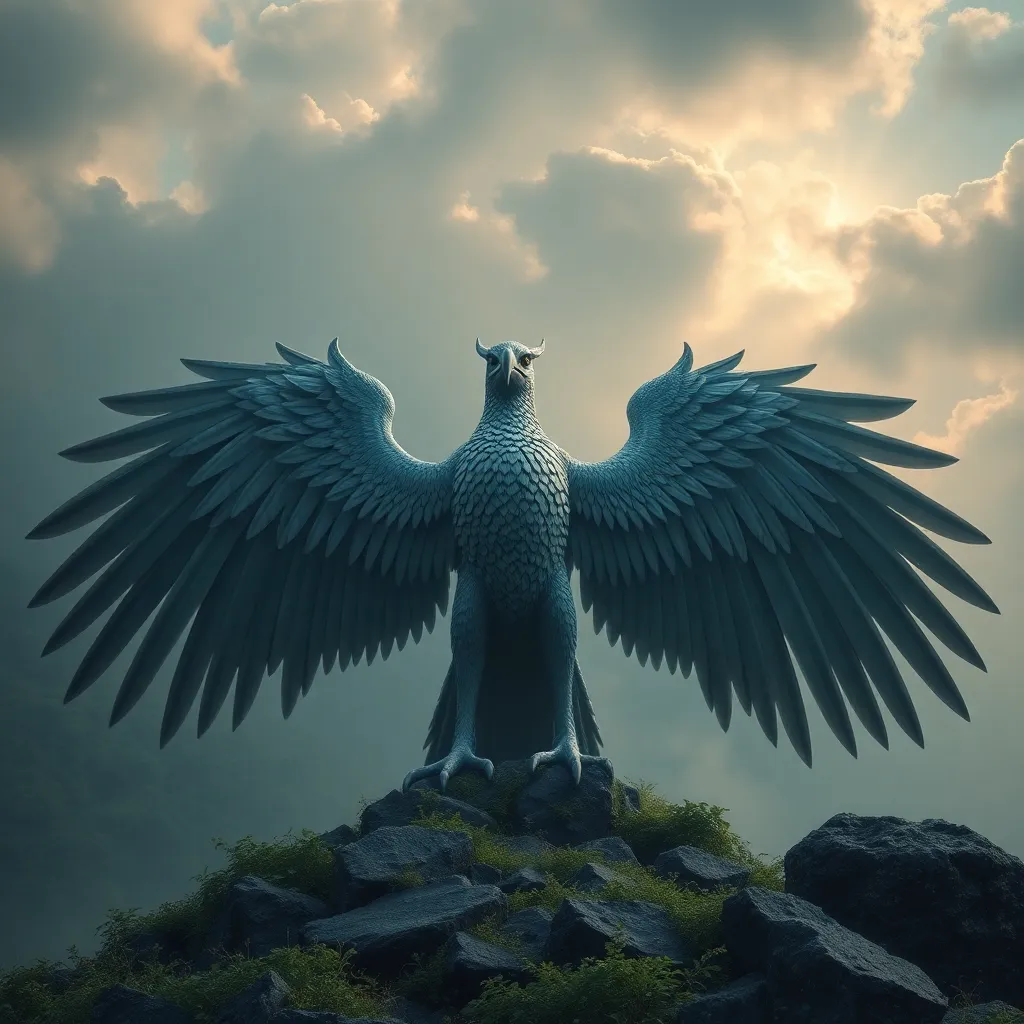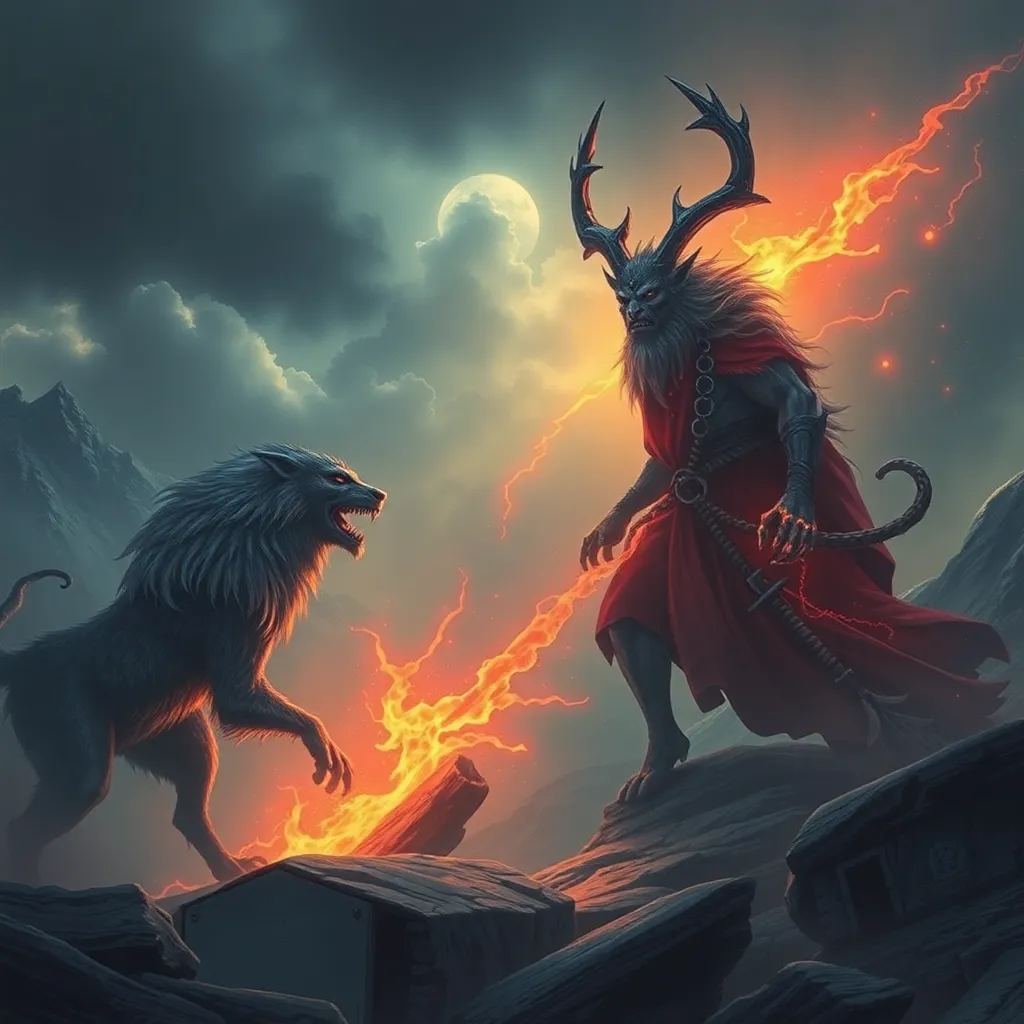1: Ancestral Worship in Chinese Culture
In Chinese culture, the veneration of ancestors holds immense significance, deeply entwined with spiritual beliefs and practices. Ancestral worship plays a central role in Chinese mythology, shaping the perception of the afterlife and the relationship between the living and the deceased.
2: The Roles of Ancestors in Chinese Mythology
Within Chinese mythology, ancestors assume multifaceted roles, each mirroring their veneration in real life. They are esteemed as:
-
Guardians and Protectors: Ancestors are believed to possess the power to watch over their descendants, offering protection and guidance from harm's way.
-
Sources of Wisdom and Guidance: Ancestors are revered as sources of wisdom and knowledge. Their experiences and insights are highly valued, with their guidance often sought in important decision-making.
-
Intermediaries with the Divine: Ancestors serve as intermediaries between the human world and the divine realm. They are believed to carry prayers and offerings to the gods on behalf of their descendants, advocating for their well-being.
-
Judges and Arbitrators: Ancestors are often depicted as impartial judges who assess the actions of the living. They are believed to hold the power to reward good deeds and punish wrongdoings, ensuring justice and order.
-
Cultural Heroes and Figures of Inspiration: Many ancestors in Chinese mythology are revered as cultural heroes, serving as role models for their descendants. Their stories and deeds inspire aspirations, shape ethical values, and foster a sense of cultural identity.
6: Ancestors as Judges and Intermediaries with the Divine
In Chinese mythology, ancestors are often depicted as impartial judges who assess the actions of the living. They are believed to hold the power to reward good deeds and punish wrongdoings, ensuring justice and order. As intermediaries with the divine realm, ancestors carry prayers and offerings to the gods on behalf of their descendants, advocating for their well-being.
7: The Importance of Family Lineage and Ancestor Veneration
Family lineage is of utmost importance in Chinese culture, and ancestor veneration plays a crucial role in maintaining familial bonds. By honoring and remembering their ancestors, individuals strengthen their connection to their family history and cultural roots. This reverence extends beyond immediate ancestors to encompass distant relatives, fostering a sense of unity and belonging.
8: Rituals and Ceremonies Honoring Ancestors
Ancestral worship is expressed through various rituals and ceremonies. These include:
-
Qingming Festival: Celebrated in the spring, this festival involves visiting ancestral graves, cleaning them, and offering food and prayers.
-
Mid-Autumn Festival: A time for family reunions, this festival includes offerings of mooncakes and other delicacies to ancestors.
-
Winter Solstice Rituals: Ancestors are honored with special foods and offerings during the winter solstice.
9: Ancestors as Cultural Heroes and Figures of Inspiration
Many ancestors in Chinese mythology are revered as cultural heroes, serving as role models for their descendants. Their stories and deeds inspire aspirations, shape ethical values, and foster a sense of cultural identity. These heroic ancestors include:
-
Pangu: The primordial giant who separated heaven and earth.
-
Yan Emperor and Yellow Emperor: Mythical rulers who are credited with developing Chinese civilization.
-
King Mu of Zhou: A legendary king known for his travels and encounters with mythical creatures.
10: Ancestors as Symbols of Continuity and Tradition
Ancestors represent the continuity of Chinese culture and traditions. Their presence in mythology, rituals, and everyday life serves as a reminder of the deep connection between past, present, and future generations. By honoring their ancestors, individuals affirm their place within a long and rich cultural lineage.
Frequently Asked Questions
Q: Why is ancestor veneration so important in Chinese culture?
A: Ancestor veneration strengthens family bonds, fosters cultural identity, and ensures justice and harmony.
Q: How do people honor their ancestors?
A: Rituals include visiting graves, offering food and prayers, and performing special ceremonies during festivals.
Q: What role do ancestors play as cultural heroes?
A: Ancestors are role models whose stories and deeds inspire aspirations and shape ethical values.
Q: How do ancestors symbolize continuity in Chinese culture?
A: Ancestors represent the connection between past, present, and future generations, preserving cultural heritage and traditions.




